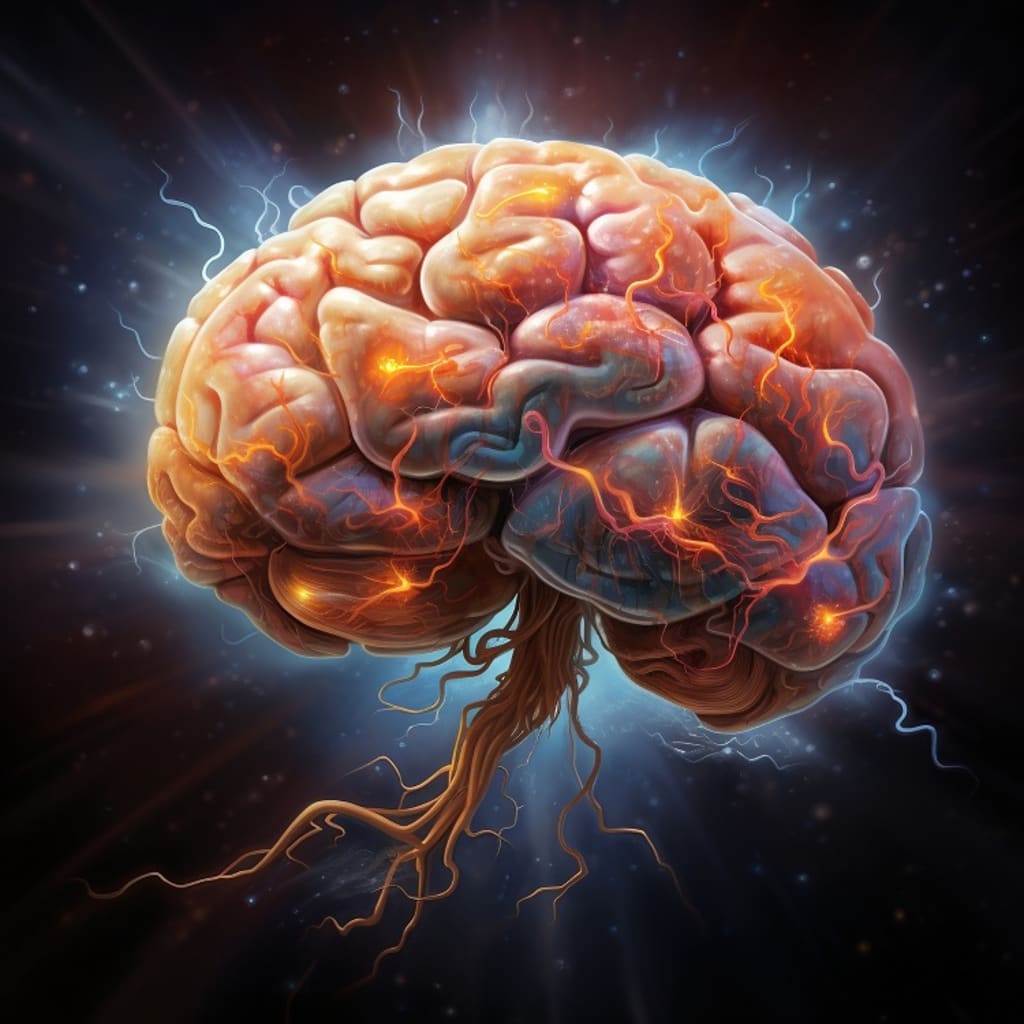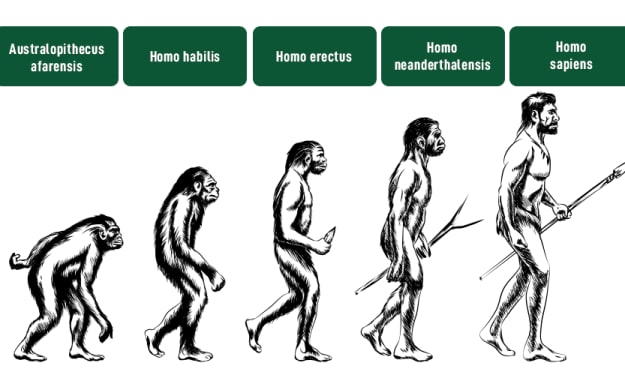
The Mystery of No-Brainers: Unraveling the activities of human body that happen beyond the Mind
In the intricate dance of consciousness and existence, the role of our brains stands as the maestro, orchestrating our thoughts, decisions, and actions. But can we truly fathom the concept of a "no-brainer"? Let's delve into the peculiar realm where the absence of a brain doesn't necessarily equate to a void of activity.
Consider the curious case of Mike The Headless Chicken, a tale from 1945 that challenges our understanding of life and cognition. Farmer Lloyd Olsen, in pursuit of a chicken for supper, inadvertently set in motion a surreal narrative. Mike, despite losing his head, lived for another 18 months. He became a sensation, showcasing the uncanny ability to walk, perch, and respond to stimuli. Yet, his actions were not a true no-brainer, as remnants of his brain stem persisted, guiding his movements.
For a more unequivocal example, we turn to the resilient cockroach, a creature that thrives without the need to breathe through its head. Even when decapitated, a cockroach can persist for weeks, governed by nerve ganglia distributed throughout its body. The only impediment to its survival is eventual starvation, highlighting the remarkable adaptability of certain life forms.
Humans, however, find themselves tethered to the vital functions orchestrated by the brain. Devoid of this command center, our demise is swift. Yet, within the realm of reflexes, we witness actions that seem to defy the need for cognitive input. A snap of the fingers or an involuntary reaction to a hot stove reveals the rapidity of nerve impulses, surpassing the pace of conscious thought.
Yet, can we truly call these reflexive behaviors no-brainers when the brain is, in fact, present and functioning behind the scenes? To explore a more conclusive scenario, we venture into the world of the deceased. Even in the absence of consciousness, the energy stored in muscle cells, such as those in a severed limb, can exhibit responses. Electrical signals and movements persist, showcasing the lingering echoes of cellular vitality.
As we tread further into the threshold of death, we encounter skin cells, residing on the periphery of the body. Unfettered by the need for constant nourishment from the bloodstream, these cells can continue to live for days, sustained by osmosis and cellular division. A postmortem harvest of skin cells after 24 hours attests to this peculiar facet of cellular resilience.
Digestion, too, becomes a fascinating subject in the absence of a living brain. Bacteria residing in the gut, independent entities within our biological ecosystem, persist in their digestive processes even after death. The production of waste, albeit a macabre no-brainer, underscores the persistence of certain bodily functions.
Yet, as we navigate these realms of postmortem activity, questions of identity and selfhood arise. Are the surviving skin cells or the digestive bacteria still a part of "you," or are they entities merely taking advantage of the hospitable environment your body provides?
In the quest to understand the elusive no-brainer, we grapple with philosophical inquiries. Does our essence reside solely in the cognitive functions of the brain, or are we intricately woven into every cellular activity, even in the absence of conscious thought?
Ultimately, the understanding is, memory is not confined only to the human brain. There is genetic memory, cellular memory, physiological memory, evolutionary memory involved. Human beings are the product of universal consciousness, which means knowingly or unknowingly, we can access millions of years of evolution in this very moment! We are not just products of thoughts, which is just recycled information collected through our five senses and processed by the human brain.
About the Creator
Prabu R
Another human being on this planet! A peace loving being






Comments
There are no comments for this story
Be the first to respond and start the conversation.